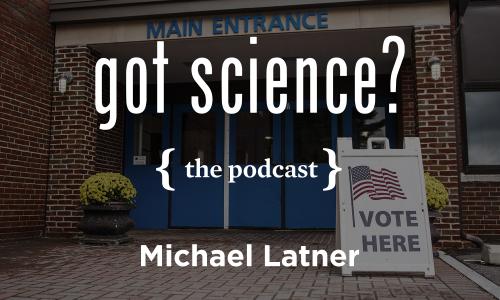June 2005: The Union of Concerned Scientists (UCS) and Public Employees for Environmental Responsibility (PEER) distributed a 34-question survey to more than 460 NOAA Fisheries biologists, ecologists, botanists and other science professionals working in headquarters and regional and field offices across the country to obtain their perceptions of scientific integrity within the agency, as well as political interference, resources and morale.
I. Political Interference with Scientific Determinations
Large numbers of agency scientists reported political interference in scientific determinations:
- More than one third of respondents positioned to make such recommendations (37 percent) have "been directed, for non-scientific reasons, to refrain from making findings that are protective" of marine life and nearly one in four (24 percent) of those conducting such work reported being "directed to inappropriately exclude or alter technical information from a NOAA Fisheries scientific document;"
- More than half of all respondents (53 percent) knew of cases where "commercial interests have inappropriately induced the reversal or withdrawal of scientific conclusions or decisions through political intervention;" and
- More than half of the scientists (58 percent) knew of cases "where high-level U.S. Department of Commerce administrators and appointees have inappropriately altered NOAA Fisheries determinations." A substantial minority (42 percent) also cited incidents where members of Congress "inappropriately influenced NOAA Fisheries determinations."
II. Negative Effect on Wildlife Protection
Only a slim majority of the scientists indicated the agency "routinely makes determinations using its best scientific judgment, even when political pressure is applied," and there is further evidence that political intrusion has undermined NOAA Fisheries' ability to fulfill its mission of protecting marine resources:
- Nearly two in three (64 percent) did not agree that the agency was effectively protecting populations and habitats of federally listed species, and more than two in three (69 percent) also doubted the agency could effectively aid in recovering threatened and endangered species;
- More than two-thirds of agency scientists (69 percent) did not "trust NOAA Fisheries decision makers to make decisions that will protect marine resources and ecosystems."
III. Chilling Effect on Scientific Candor
Agency scientists reported being afraid to speak frankly about issues and felt constrained in their roles as scientists:
- Two out of five (40 percent) said they could not openly express "concerns about the biological needs of species and habitats without fear of retaliation" in public, while more than a quarter (29 percent) did not feel they could do so even inside the confines of the agency;
- Almost a third (31 percent) felt they are not allowed to do their jobs as scientists; and
- A significant minority (18 percent) of scientists reported having "been directed by NOAA Fisheries decision makers to provide incomplete, inaccurate or misleading information to the public, media or elected officials."
IV. Resources and Morale
There was a broad perception that the agency lacks the resources to accomplish its mission. Not surprisingly, results showed a strain on staff morale:
- More than four in five (81 percent) thought that NOAA Fisheries lacked sufficient resources "to adequately perform its environmental mission;
- Three out of five scientists (60 percent) did not feel the agency "is moving in the right direction." This is consistent with a response from 46 percent that job satisfaction has decreased over the past few years, compared with half as many (23 percent) who reported an increase in job satisfaction; and
- More than two out of five (42 percent) scientists described morale as poor or extremely poor and more than half (56 percent) do not feel that "upper-management will stand behind" an employee with a scientifically solid, yet politically controversial position.
The survey was sent to 464 scientists, of which 124, or 26.7 percent, responded to the survey.



